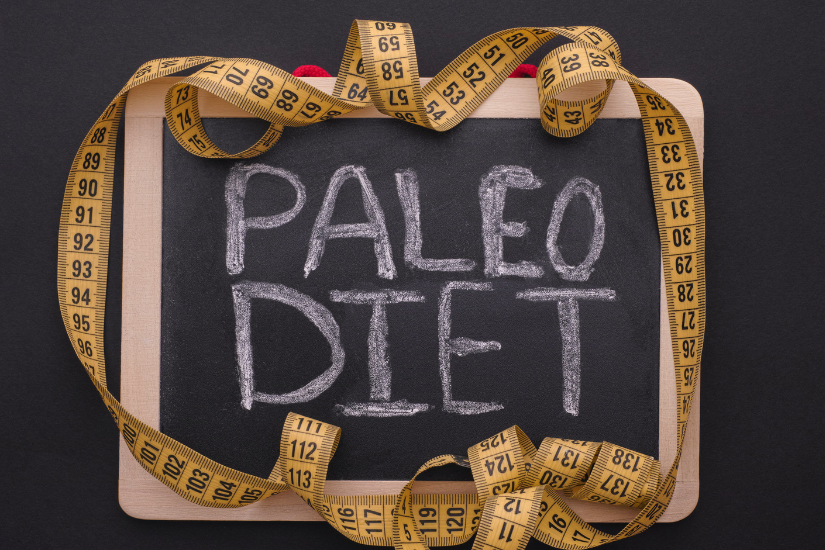Your Guide to Popular Diets — Part 2: The Paleo Diet

What Is the Paleo Diet?
The Paleo diet aims to mimic how our Paleolithic ancestors ate. It avoids foods that became common after farming began, such as grains, legumes, dairy, refined sugar, artificial sweeteners, and most refined vegetable oils.
Instead, it encourages:
-
Fruits and vegetables
-
Tubers (e.g., sweet potatoes, yams)
-
Nuts and seeds
-
Healthy oils (olive, avocado, coconut)
-
Grass-fed lean meats, fish, and shellfish
-
Free-range poultry and eggs
Like the keto diet, Paleo cuts out entire food groups. This can make long-term compliance hard. It can also be expensive, as grass-fed meats and free-range poultry often cost more and may be harder to find.
Are Grains and Legumes Always Bad?
Not all modern crops are harmful. Whole grains supply essential nutrients and may help prevent metabolic diseases and certain cancers. Legumes and pulses are nutrient-dense and naturally low in fat. Cutting them out may remove proven health benefits.
For vegans, Paleo is especially challenging because it bans legumes — a key plant protein source. Only quinoa and amaranth (technically ancient seeds) fit the plan and offer higher protein.
Potential Benefits
Compared with a typical Western diet, Paleo encourages whole, nutrient-rich foods. It tends to be:
-
High in fiber, antioxidants, and plant compounds
-
Rich in healthy fats and lean protein
-
Low in saturated fats, trans fats, added sugars, and sodium
These qualities may promote satiety, weight loss, and better blood sugar control.
Small, short-term studies suggest Paleo may reduce inflammation, blood pressure, and unhealthy cholesterol, lowering risk factors for heart disease.
Possible Drawbacks
-
Kidney and bone health: Like other high-protein diets, long-term Paleo may strain kidneys and weaken bones.
-
Nutrient gaps: Removing grains, legumes, and dairy can make it hard to get enough calcium, vitamin D, and other key nutrients. Supplements may be necessary.
-
Cost and sustainability: Sourcing grass-fed meats and free-range poultry can be expensive and difficult.
Safety Tip
If you want to try Paleo, speak with a dietitian or healthcare provider. They can help you plan balanced meals and suggest supplements to avoid deficiencies. PRIME












Leave A Comment